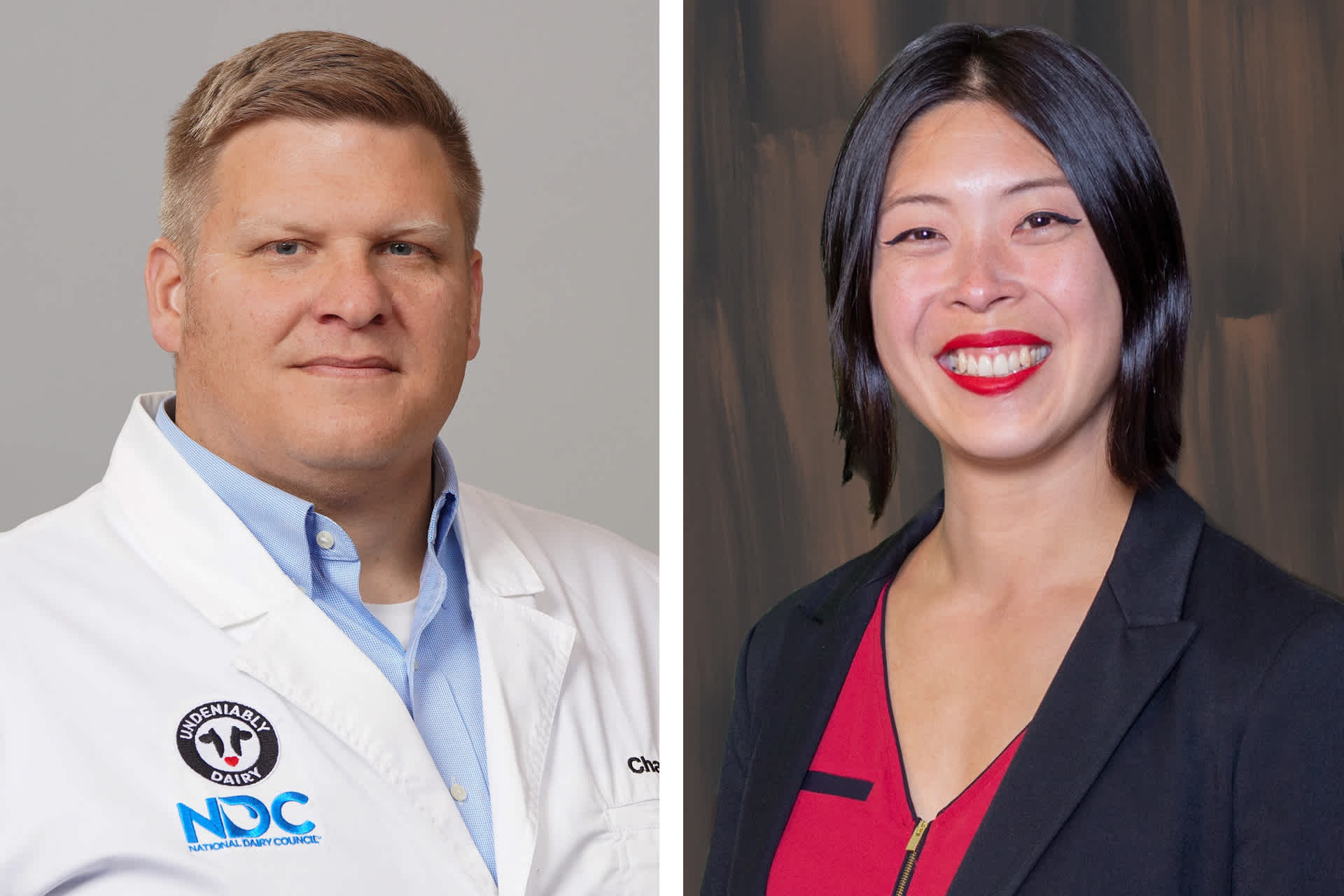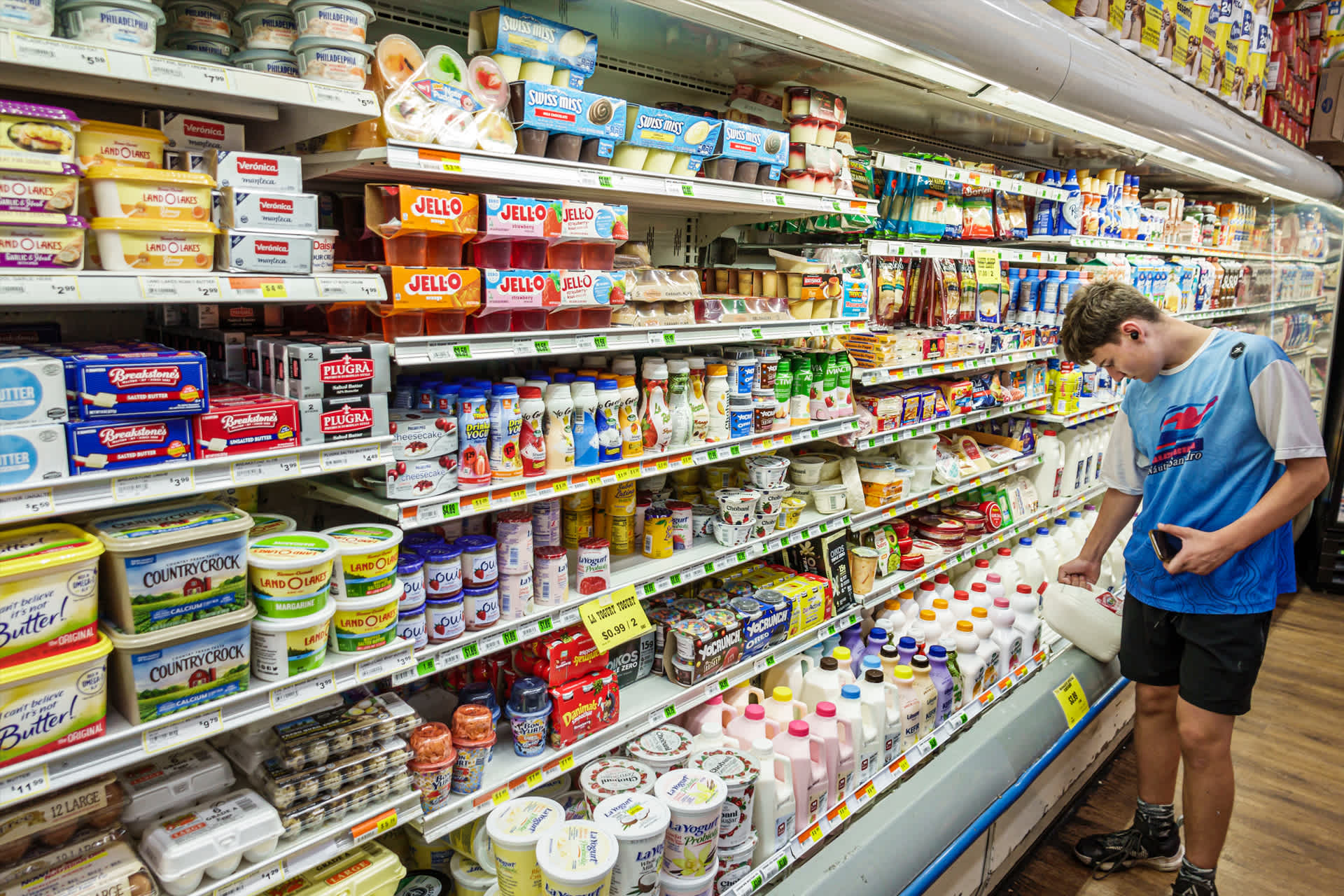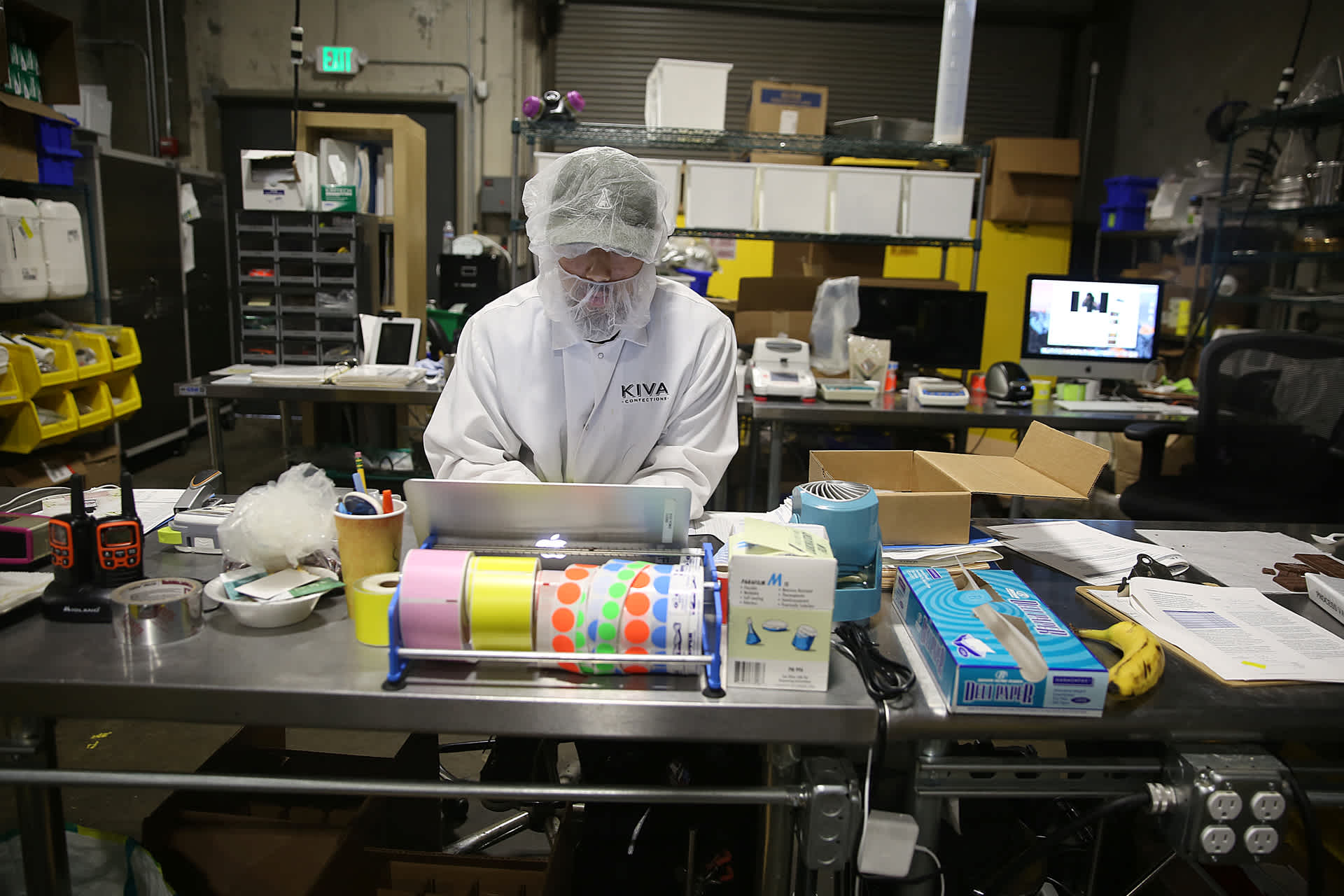Good to Eat

Ever wonder whose job it is to make sure the food your family buys at the supermarket is safe to eat? Food safety specialists have a big role to play in protecting your health. They train people on how to keep food safe and clean, from farm to fork. They also investigate food safety complaints and stay updated on hygiene and safety rules.

What does it take to have a career as a food safety specialist? Your Hot Job spoke to two professionals to find out.
Meet the Food Safety Specialists
Chad Galer grew up on a dairy farm in Wisconsin and studied microbiology at the University of Wisconsin-La Crosse. His first job was creating new and improved cheese products, which taught him a lot about food safety. Today, Galer is vice president of Food Safety and Product Research at Dairy Management Inc., in Glenview, Illinois.
Lily Yang studied food science, focusing on food microbiology, at the University of California, Davis. She later completed a PhD in food science, with a focus on food safety. In college, she says, “I absolutely loved medical microbiology.” Now, Yang is senior manager of Food Safety at the Acheson Group, a global company based in Montana.
The Job of a Food Safety Specialist
Think you want to be a food safety specialist? Here are some things Galer and Yang say are important for you to know.
There are many kinds of jobs in food safety. Some jobs are hands-on at manufacturing plants. Others involve working in a lab and testing food to ensure it meets safety standards. There are also leadership roles in corporate settings, where you can oversee food safety programs. If you’d love to share knowledge about food safety, you could become a college professor.

Food safety specialists have many tasks. For Galer and Yang, every day is different. “One day, I may be online or in person teaching a course,” Yang says. “Another day, I may be on-site with a client to assess their company’s food safety implementation, and other days, I may be creating policies and procedures to be implemented on a larger scale.”
Often, food safety specialists visit food processing plants to teach and train workers. “Food safety is everyone’s responsibility,” Galer says. “So it’s important to make sure everyone in the plant understands how to make safe and delicious food.”
Food safety specialists need to be good communicators. Food safety relies on everyone in the plant knowing what to do, so a food safety specialist has to know how to communicate to a diverse group of people. How do you do that? “Part of being a great communicator is being a good listener,” Galer says. You need to listen to what everyone has to say and make sure their worries are taken care of. Yang agrees. “We should always think about how we meet people where they are, so that we can all move forward together,” she says.
Technology is making food safety better and faster. “Food safety is like crime scene investigation for food,” Galer says. And over the years, the tools and technology experts use to do their detective work have changed. “Tests that used to take a day or two can now be completed in hours,” he says. New technologies like Artificial Intelligence are being used to quickly identify bacteria and prevent contaminated food from reaching consumers.
If you want to become a food safety specialist, Galer suggests starting with an internship or job in a food manufacturing plant. Asking questions, observing, and learning about food safety firsthand can help you decide if it’s the right career for you. Yang has similar advice: “Take opportunities to work in food and see where they take you.”

